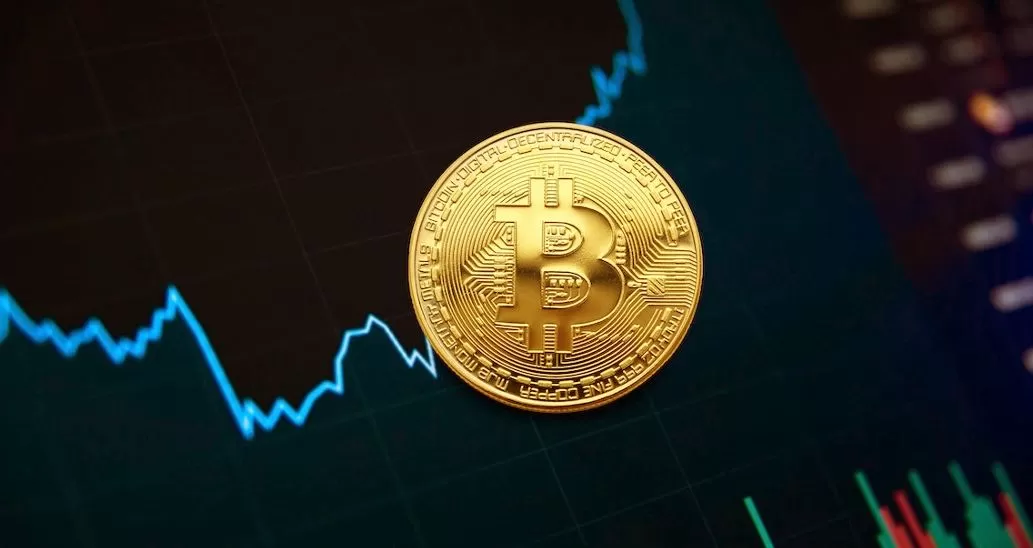Similarities Stocks vs. Crypto Currency
1. Danger and fluctuation
This extreme volatility in bitcoin asset values is to be expected. It indicates that investors of both Bitcoin and a basket of technology equities would have suffered price fluctuations throughout the previous five years. When compared to that of other currencies, the price volatility of bitcoin is far higher. Are you curious about the price of a Bitcoin purchase? Here is a price guide for buying bitcoin.
2. The manner of their exchange
The buying and selling processes of cryptocurrency and equities are also quite similar. Recent platforms like Robinhood, Wealthsimple, and SoFi have begun to make it more difficult to differentiate between traditional financial products and digital assets. A user’s stock portfolio and cryptocurrency wallet may be accessed and traded on a single, streamlined interface.
3. Scams
It’s no surprise that fraud occurs in traditional stocks and cryptocurrency due to the allure of easy money. The price of cryptocurrency is inflated by dishonest actors who use misleading or exaggerated claims, fake celebrity endorsements, and investor greed in the same way that penny stocks are (FOMO). Once the price rises, the con artist sells off their stock and vanishes.
Big Distinctions Comparing Cryptocurrencies to Stock Markets
There is a huge difference between crypto and equities.
1. Inheritance as the Primary Concept
Your identity is confirmed with your address, Social Security number, signature, and more when you open that account. The increased privacy offered by cryptocurrencies comes at the expense of their security. Digital currency and other digital assets can be stored in a “crypto wallet.” it can be digital or physical, such as a USB drive. However, the increased level of anonymity that they offer comes with its own unique set of risks, such as the possibility of being targeted by hackers or forgetting your password and being unable to access your account as a result.
2. Dealings
Wall Street in New York City is mainly associated with the long history of stock exchanges dating back more than three centuries. However, cryptocurrency exchanges have only been around for a short while. Binance, the largest, debuted the same year. In August 2022, Binance was processing roughly $76 billion daily trade volume. Nearly three times as much was traded on the Nasdaq, a relatively minor component of the worldwide stock market. Even still, the Nasdaq accounts for just around 15% of the market cap, according to some estimates.
3. Liquidity
Trading in and out of assets like stocks and cryptocurrency may be difficult in smaller markets. Liquidity describes the ease with which transactions may be made. Because of the large number of daily trading, many investors believe equities to be quite liquid. The liquidity of different cryptocurrencies varies widely. The greater trading volume of Bitcoin makes it the most liquid cryptocurrency. That’s good news if you’re looking to trade in or out of that cryptocurrency since it indicates a healthy market with many willing buyers and sellers.
4. Uncertainty
Like investing in equities, investing in cryptocurrency is fraught with danger and volatility. The value of either asset may rise or fall, and it is extremely difficult to time the market to maximize profit. Despite the stock market’s justifiable reputation for wild swings, the market has risen steadily throughout the decades, with a total average return of roughly 10%.
5. Trading Expenses
Trading costs, such as commissions paid when buying and selling stocks, can significantly reduce an investor’s profit. Index mutual funds, which are simply baskets of stocks, need investors to pay fees to cover the fund’s operating expenses.
6. Actively managed funds and brokerage-based trading may incur additional fees.
Due to the high costs associated with both stock trading and cryptocurrency trading, the difference, in this case, is minimal. A network may also charge gas fees for its resources to process different blockchain-based transactions. The fees associated with using cryptocurrencies are quite variable.
Conclusion
Investors should pick one based on their comfort level and familiarity with the markets. Investors, though, should never risk their capital in a single venture. Investing in several different types of assets is the safest bet. A well-diversified portfolio can be a cushion in a financial emergency.
